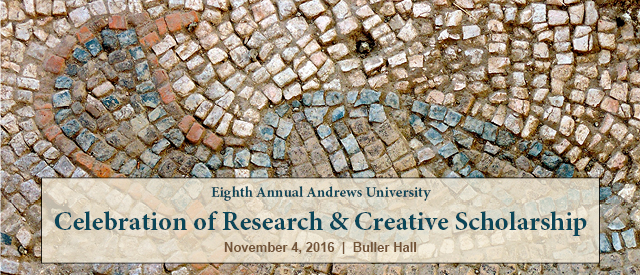P-06 Hungry for Attention: The Right to Food in Madagascar
Presenter Status
Graduate Student, Community and International Development
Second Presenter Status
Graduate Student, Community and International Development
Third Presenter Status
Associate Professor & Director of Community and International Development
Preferred Session
Poster Session
Start Date
4-11-2016 2:00 PM
End Date
4-11-2016 3:00 PM
Presentation Abstract
Surprisingly and unfortunately, in spite of the fertile arable land and a favorable climate, Madagascar is one of the most chronically food insecure countries in the world. In southern regions, where droughts are most frequent, food insecurity affects 68 percent of households. The “right to food” is a fundamental human right and its realization is essential to the fulfillment of other human rights. To realize people’s right to food means to both empower people and hold governments accountable. The degree of food insecurity in Madagascar can be used as a proxy for the degree to which the right to food has been realized. In light of this, the state of Madagascar has failed in its obligation to respect its citizens’ right to food and this failure should lead to questions about the sovereignty rights of Madagascar at the very least, and even the legitimacy of the state itself. Not only has Madagascar failed in its obligation to respect its citizens’ right to food, it has also failed to both protect and fulfill the right to food within its borders. Our research attempts to answer the question: “What are the perceptions of the Malagasy people towards the right to adequate food?” We explore similarities and differences in perceptions between citizens, civil society members, and government.
P-06 Hungry for Attention: The Right to Food in Madagascar
Surprisingly and unfortunately, in spite of the fertile arable land and a favorable climate, Madagascar is one of the most chronically food insecure countries in the world. In southern regions, where droughts are most frequent, food insecurity affects 68 percent of households. The “right to food” is a fundamental human right and its realization is essential to the fulfillment of other human rights. To realize people’s right to food means to both empower people and hold governments accountable. The degree of food insecurity in Madagascar can be used as a proxy for the degree to which the right to food has been realized. In light of this, the state of Madagascar has failed in its obligation to respect its citizens’ right to food and this failure should lead to questions about the sovereignty rights of Madagascar at the very least, and even the legitimacy of the state itself. Not only has Madagascar failed in its obligation to respect its citizens’ right to food, it has also failed to both protect and fulfill the right to food within its borders. Our research attempts to answer the question: “What are the perceptions of the Malagasy people towards the right to adequate food?” We explore similarities and differences in perceptions between citizens, civil society members, and government.




Acknowledgments
Faculty Research Grant
IRB protocol number 16-073 (Full category)